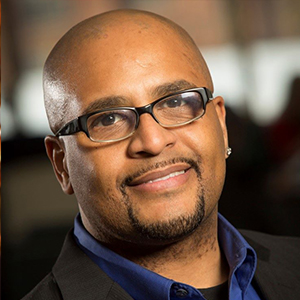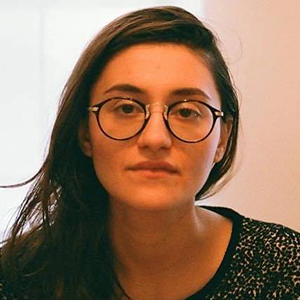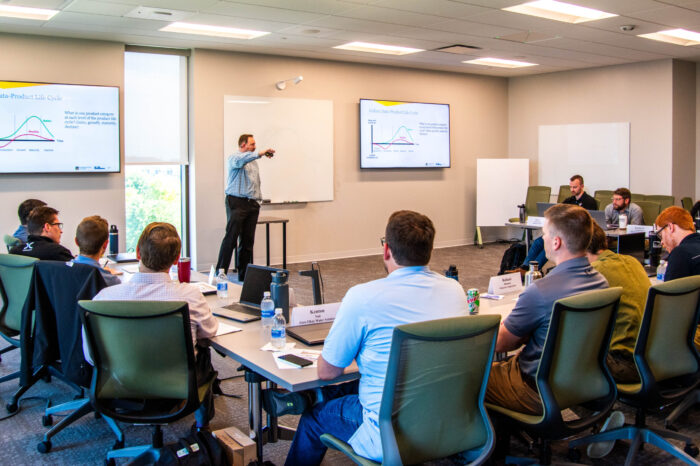
Led by Dr. Robert Smith, Harry G. John Professor of History and the director of the Center for Urban Research, Teaching, and Outreach (CURTO), a research team at Marquette has received $745,000 from The Andrew W. Mellon Foundation to support the Education Preparedness Program (EPP), an initiative through CURTO that will support those impacted by incarceration to succeed in higher education.
Grants through the Higher Education in Prison program are intended to disrupt the cycle of inequality and intergenerational poverty and restore the humanity and dignity of currently and formerly incarcerated (CFI) students. Grants provide educational opportunities for CFI students thereby realizing the unique role of universities to address mass incarceration and the return of released citizens.

Smith is joined by co-principal investigators Dr. Darren Wheelock, associate professor of social and cultural sciences; Dr. Theresa Tobin, associate professor of philosophy; and Marisola Xhelili Ciaccio, doctoral candidate in philosophy and Carceral Studies Fellow with CURTO.
The EPP is the result of an interdisciplinary collaboration between the social sciences, history and philosophy, as well as a mixed team of faculty and graduate students. The EPP vision is also shaped by the expertise of dozens of community-based organizations working toward successful re-entry. Xhelili Ciaccio has played an essential role in the genesis and establishment of the program, and in Marquette receiving the grant. The program highlights the importance of the humanities when developing innovative and transformative educational experiences for students.

“We are very appreciative to the Mellon Foundation for this opportunity to address issues that continue to affect our surrounding communities and the City of Milwaukee,” Dr. Smith said. “Through the Education Preparedness Program, Marquette and CURTO will have the resources to create a program that expands educational opportunities for those who can benefit most in creating a better life forward through advanced education. This is an exciting chance to embark on this journey with our Milwaukee neighbors, a journey that is built on affirming the human dignity of all who join this effort.”
The EPP has three components, each intended to prepare and support CFI students by creating a prison-to-school pipeline. This includes offering high-impact educational experiences, programs to support matriculation to a four-year school, and support services to promote the successful reentry of returning citizens.

“We are extremely proud of Dr. Smith, Dr. Wheelock, Dr. Tobin, and Ms. Xhelili Ciaccio as this project will serve a tremendous need in the community and is a shining example of Marquette’s public-facing mission to promote social justice,” said Dr. Heidi Bostic, dean of the Klingler College of Arts and Sciences. “This program provides an opportunity to engage with a population of current and formerly incarcerated students that is severely underrepresented in higher education. It will offer much-needed pathways and support for these students.”
Earlier this year, the EPP steering committee received a Way Klingler Teaching Enhancement Award from the Klingler College of Arts and Sciences for its project, “Bringing Mass Incarceration into the Classroom: Expanding the Blended Course Model,” to expand EPP’s course offerings, as well as an Explorer Grant from the Innovation Council that—in partnership with the Center for the Advancement of the Humanities—supports the involvement of returning citizens in the EPP.
The EPP will also partner with Milwaukee Area Technical College’s Second Chance Pell Grant program to eventually create pathways out of prison and into two and four-year degree programs. Through CURTO, and in partnership with the Department of Corrections and an array of community organizations, a hub of services will be established to provide wrap-around support for CFI students, including tutoring and referrals to reentry services.
The Andrew W. Mellon Foundation is the nation’s largest supporter of the arts and humanities. Since 2015, the Mellon Foundation has granted more than $48 million to prison education-related efforts.


